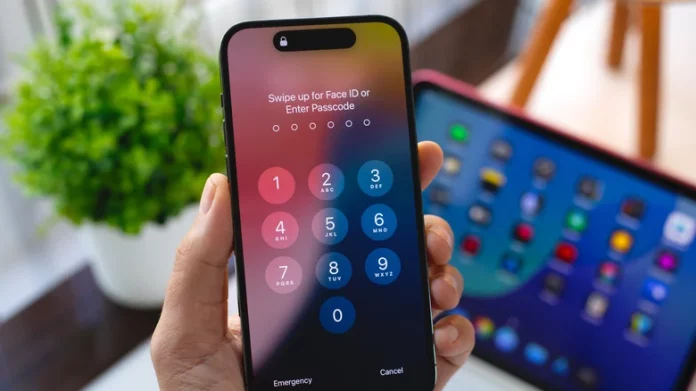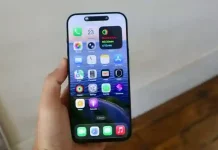A recent report from a reputable Weibo leaker claims that Apple’s iPhone 16e is not meeting sales expectations. This leaker, known for accurate leaks about upcoming Apple products, suggests that Apple’s attempt to offer a lower-cost iPhone has not been successful. However, Apple reportedly plans to continue with the iPhone 17e next year.
Taking the report at face value, it doesn’t necessarily mean the iPhone 16e is a failure. The iPhone 16e is deliberately positioned as a niche product targeting users who prioritize affordability over cutting-edge features. It is designed to attract buyers who might otherwise opt for Android devices if Apple didn’t offer a more budget-friendly iPhone. No one expected the 16e to be a blockbuster in sales; that simply wasn’t its goal.
Earlier reports from more credible sources showed that in its launch quarter, the iPhone 16e made up about 11% of all iPhone sales in the U.S., roughly matching previous iPhone SE models’ performance. While sales have declined since then, the iPhone 16e has been on the market for nearly nine months. Without knowing Apple’s initial sales targets for the device, it’s impossible to definitively label the iPhone 16e as a flop.
One factor possibly impacting iPhone 16e sales is the popularity of the iPhone 17. Unlike the iPhone SE, which was compact and priced under $500 (starting at $429 for the last SE), the iPhone 16e starts at $599 and is larger. While it’s the most affordable iPhone on the market today, it’s not as budget-friendly as its predecessors. Some prospective buyers may be choosing to spend a bit more for the iPhone 17 instead. Supporting this, the Weibo post indicates that demand for the iPhone 17 series remains very strong, with production orders surging.
Thus, the key takeaway might be that the iPhone 17’s exceptional popularity is eating into iPhone 16e sales. Apple does not break down sales by model, so there’s no official way to measure the strength of 16e sales precisely. What’s clear is that overall iPhone revenue has soared since the release of the iPhone 17 lineup. When iPhones are flying off shelves, it matters less which exact models customers are buying.
Beyond affordability, the iPhone 16e also played a strategic role for Apple as a testbed for its in-house C1 modem. Apple has aimed to move away from Qualcomm modems due to disagreeable royalty terms and had legal disputes with Qualcomm years ago before settling. The iPhone 16e allowed Apple to trial its new modem technology without risking flagship sales. If connectivity issues had appeared, they would have had limited impact on overall sales.
If the C1 modem in the iPhone 16e performed as well or better than Qualcomm’s, it strengthens Apple’s case to gradually eliminate Qualcomm modems from future iPhones. Rumors now suggest all iPhone 18 models may include Apple’s next-generation C2 modem, with some alleging only the Pro variant will have it. Either way, the iPhone 16e can be seen as a success in this strategic technical transition.





